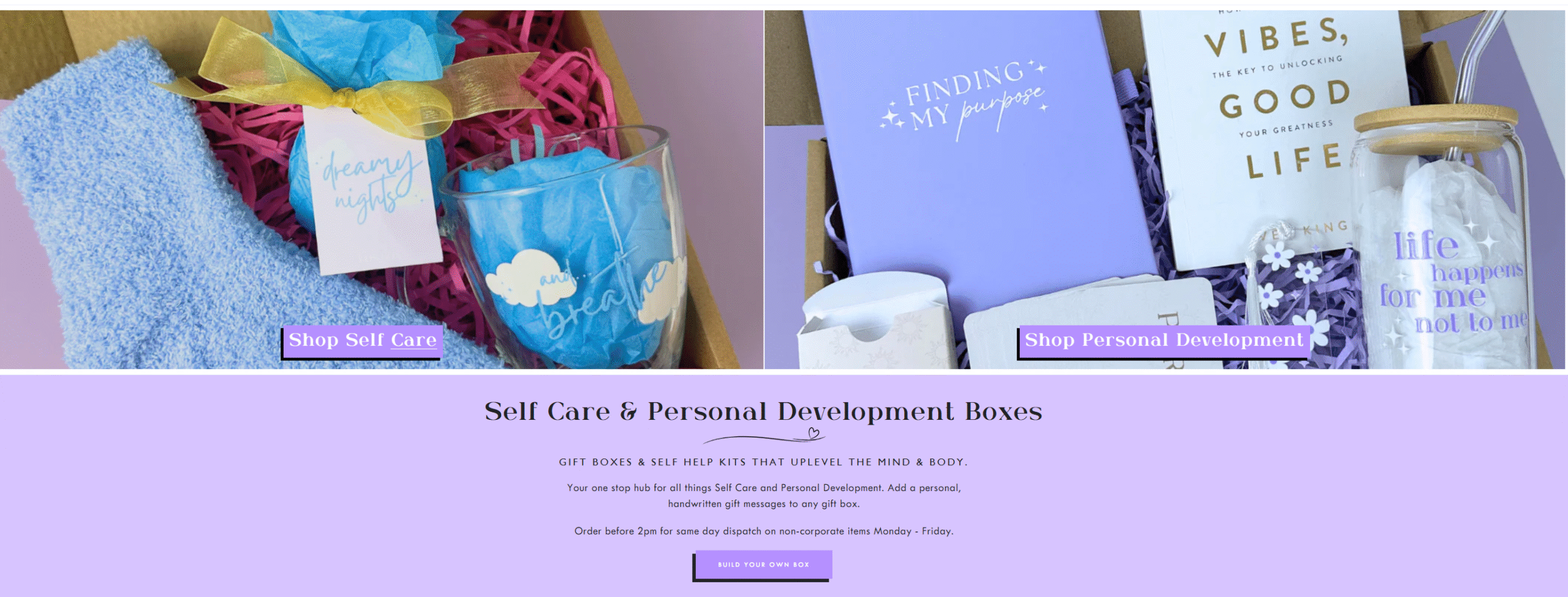Sometimes, the smallest actions can lead to the biggest impacts. Whether it starts with a “wellness box” or a quiet moment of reflection, personal growth at work often begins with one clear intention or step.
For many professionals, meaningful personal development does not require dramatic career shifts or intense training programmes. Instead, small and achievable goals can create long-lasting momentum and confidence.
In today’s fast-paced working world, it can be easy to feel overwhelmed by broad and demanding expectations.
Development goals for work are often framed around big outcomes, such as promotions or certifications. But real growth happens through small, steady steps taken consistently over time.
Why Development Goals for Work Can Feel Out of Reach
Many employees say they want to improve or grow in their roles, but they don’t necessarily know where to begin. It is common to feel stuck or unsure when development goals seem too broad or unrealistic. Some workplaces offer little support or guidance, leaving staff to figure things out on their own.
This lack of clarity often leads to frustration and a dip in motivation. In fact, it has been reported that only 60 % of UK employees feel motivated at work, which is 11 percentage points below the global average of 71 %. Such a statistic underscores how easy it can be for a large portion of the workforce to potentially feel disengaged or disconnected from their professional goals.
So, rather than setting overly ambitious targets, it can be more effective to focus on smaller steps. Simple efforts like asking for feedback, learning a new digital tool, or improving time management can spark lasting growth. These actions are manageable and measurable, which makes them easier to commit to and track.
Simple Development Goals for Work That Make a Difference
When development is broken down into bite-sized goals, it can become less intimidating and more achievable. These types of goals fit naturally into the workday and support confidence-building through small wins.
Here are a few examples that can work across many roles:
- Reading or listening to one professional podcast or article each week
- Asking for feedback after a project or meeting
- Reflecting on daily work through a short journal entry
- Offering to support a colleague outside one’s usual tasks
- Spending 10 minutes each day learning something new
Although these steps are small, they can help build professional habits that support wider growth. Over time, such steps can be key to improving communication, problem-solving and confidence, all without the need for a major and sudden change in workload or routine.
Understanding the Journey of Workplace Growth
Personal growth at work is not just a goal, it is a journey. For many people, it begins with the realisation that something needs to shift. They might feel unmotivated or notice others progressing while they stay still.
The next stage is typically the exploration phase. Employees begin to search for development strategies, only to find that many of the most obvious options focus on large-scale achievements like promotions or advanced qualifications. These goals may be important, but they can feel distant or difficult to reach without a clear path.
Then, it will be time for some decisions to be made. This is where the idea of setting smaller and more achievable goals tends to become appealing. With the right mindset and tools, individuals identify steps that align with their skills and needs. They begin tracking progress and forming new habits.
As the routine settles in, progress becomes visible. Confidence grows. Tasks feel more meaningful and employees start to see development as something they can shape for themselves, rather than something simply handed down to them by management once a year.
This steady forward motion is what makes small development goals so effective. The fulfilment of such goals, one after the other, is about making incremental, but sure progress as a foundation for longer-term success.
You can write to us at fashionnovationfd@gmail.com
We read and publish your articles!
You may also like to read our similar articles:
BUTEX Career Club: A Club Running With Style to Achieve Excellence
How Much Do Fashion Designers Make? Unveiling the Earnings of Creative Minds





0 Comments